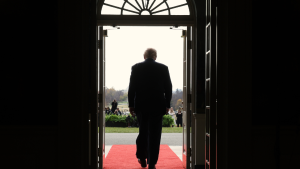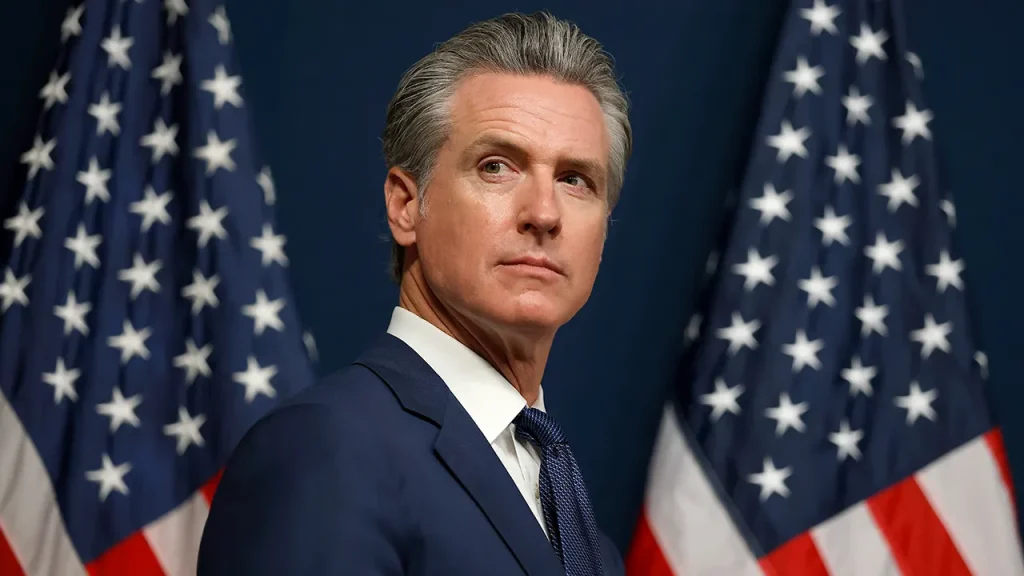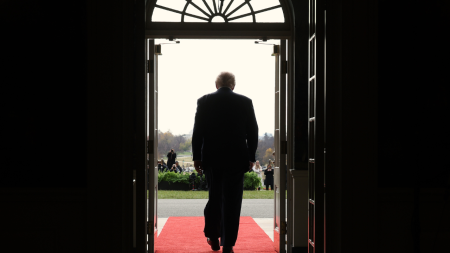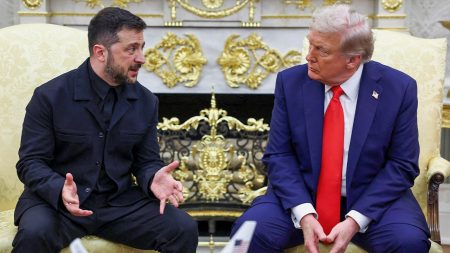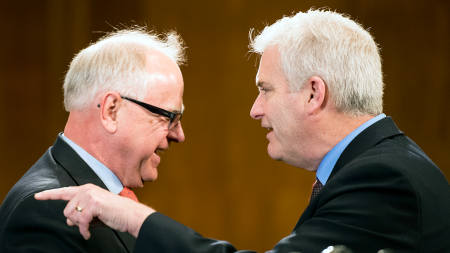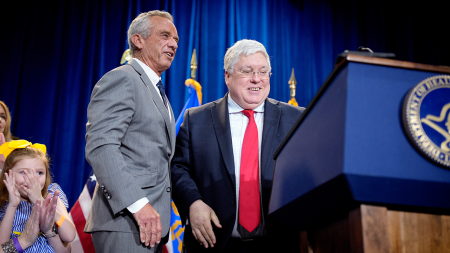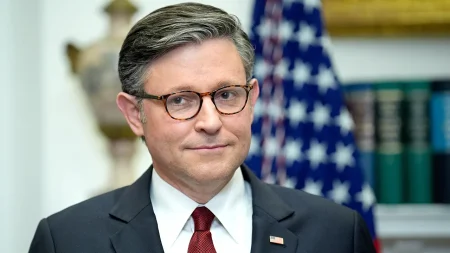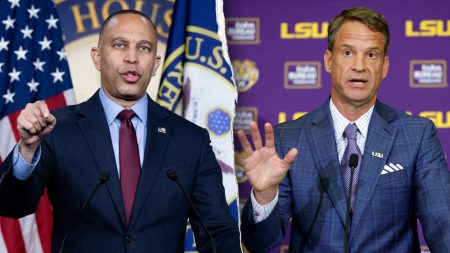Newsom Takes Bold Stand Against Trump’s Proposed National Guard Deployment to San Francisco
California Governor Gavin Newsom has thrown down the gauntlet in response to former President Donald Trump’s announcement that he intends to deploy National Guard troops to San Francisco. In a forceful declaration that underscores the tension between state and federal authority, Newsom publicly threatened legal action, stating he would file a lawsuit “within a nanosecond” if any attempt is made to send military personnel to the city. The governor’s response highlights the ongoing conflict between Democratic-led states and the Republican administration over issues of public safety, law enforcement, and the limits of federal intervention in local affairs. Raising a document at a press conference, Newsom emphasized that California officials will “push back with clarity and conviction” and “continue to win in court,” signaling his readiness to defend what he sees as state sovereignty against federal overreach.
The confrontation was triggered by Trump’s recent comments on Fox News, where he announced plans to send the National Guard to San Francisco after similar deployments in Los Angeles, Chicago, and Washington, D.C. Trump framed the decision as a rescue mission for a once-great city that “went wrong” and “went woke” fifteen years ago. Beyond the National Guard, the administration reportedly plans to deploy 100 agents from Customs and Border Protection and Coast Guard Base Alameda to San Francisco. This expanding federal presence in Democratic-led cities appears to be part of a broader strategy to address crime and immigration enforcement, though critics argue it represents political theater more than effective policy. The standoff reflects deeper divisions about urban policy, public safety approaches, and the appropriate balance between federal and state power in addressing local challenges.
Governor Newsom has consistently positioned California as a bulwark against what he characterizes as authoritarian tendencies in the Trump administration. “We’re a nation of laws and accountability — not a nation that turns a blind eye to abuse of power,” Newsom declared in a statement, calling Trump “a convicted felon who pardoned felons convicted of assaulting federal law enforcement officers.” The governor accused Trump of promoting a “false narrative” that portrays California as a “lawless wasteland” while asserting that the state is “proving him wrong — in the courts and on the facts.” Newsom’s rhetoric frames the conflict not merely as a policy disagreement but as a constitutional battle, stating that “California will always defend the Constitution, our people, and our values from authoritarian overreach.” His response reflects a broader Democratic strategy of challenging Trump-era policies through the courts, a tactic that proved successful during Trump’s first term.
Local officials in San Francisco have added their voices to the resistance against National Guard deployment while acknowledging some challenges facing the city. Mayor Daniel Lurie, a Democrat, has asserted that San Francisco is safe and that local authorities “got this,” pointing to decreasing homicide rates as evidence of progress. While Lurie expressed openness to federal assistance in tackling drug trafficking—particularly fentanyl—he specifically opposed National Guard involvement, noting that they “do not have the authority to arrest drug dealers” and that their presence “will do nothing to get fentanyl off the streets or make our city safer.” This nuanced position suggests that while local leaders recognize certain public safety challenges, they question both the effectiveness and the motivation behind the proposed National Guard deployment, preferring targeted support that respects local authority and expertise.
The dispute adds another chapter to California’s legal battles with the Trump administration over National Guard deployments. Over the summer, state officials sued when federal authorities sent National Guard members and Marines to Los Angeles to manage anti-ICE protests. This history of litigation reflects the ongoing tension between California’s progressive governance approach and more conservative federal policies, particularly regarding immigration enforcement and protest management. Newsom’s warning that “President Trump and Stephen Miller’s authoritarian playbook is coming for another of our cities” frames the conflict as part of a larger pattern rather than an isolated incident. By invoking Miller, a controversial figure associated with hardline immigration policies, Newsom connects the San Francisco deployment proposal to broader ideological battles about America’s approach to immigration, urban policy, and civil liberties.
As this conflict unfolds, it highlights fundamental questions about federalism, democracy, and governance in a deeply polarized nation. Newsom’s assertion that “we don’t bow to kings” and his characterization of Trump as a “wannabe tyrant” elevate the stakes beyond policy disagreements to questions about the nature of American democracy itself. Meanwhile, Trump’s focus on urban crime and his characterization of progressive governance as failed policy creates a narrative that resonates with his base. The legal and rhetorical battle over National Guard deployment in San Francisco thus becomes a microcosm of larger national divisions about power, safety, and governance. With Newsom promising immediate legal action and Trump appearing determined to proceed with his plans, this standoff seems poised to become another significant flashpoint in America’s ongoing struggle to define its vision for law enforcement, federal authority, and the relationship between states and the national government.
